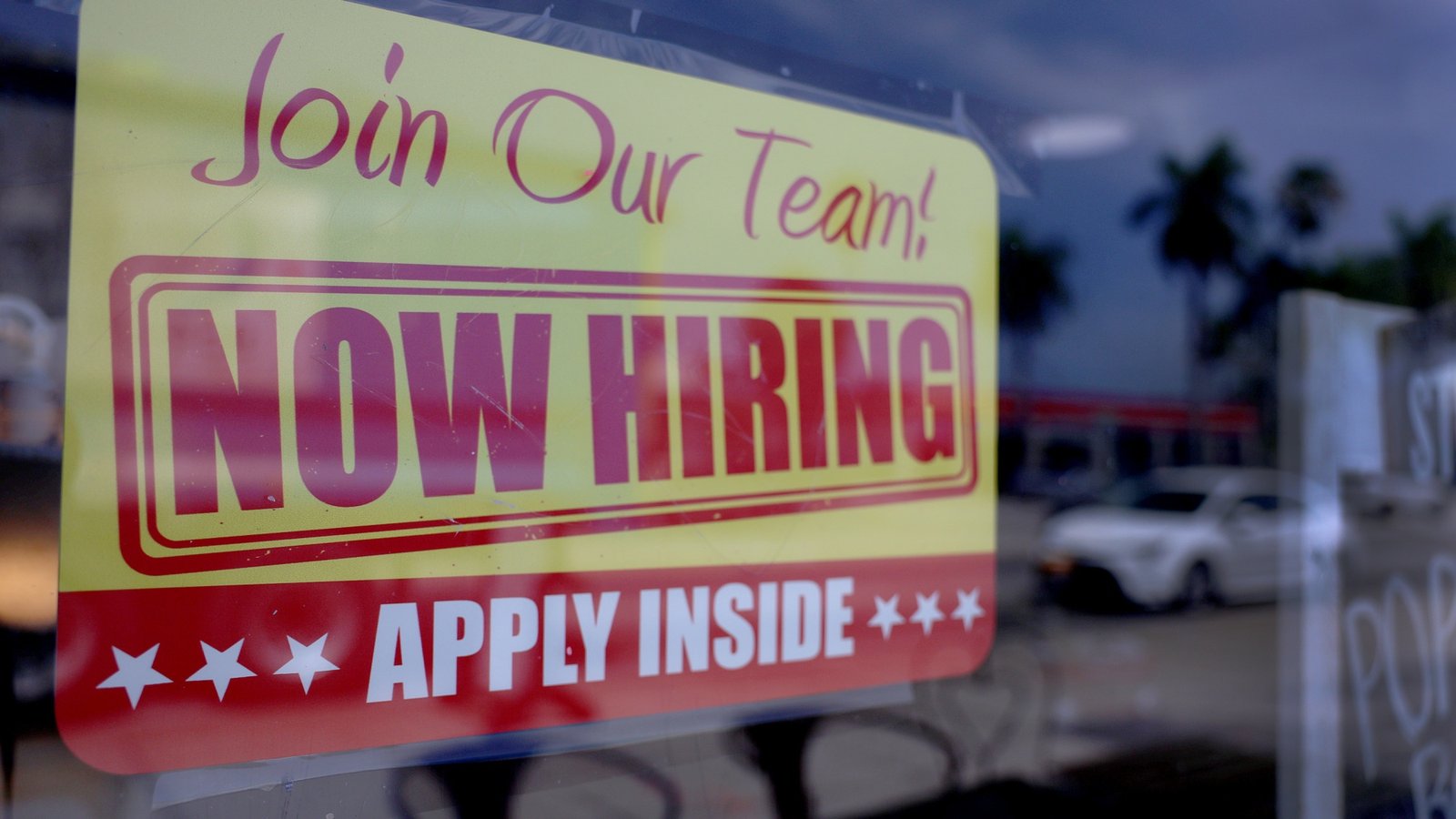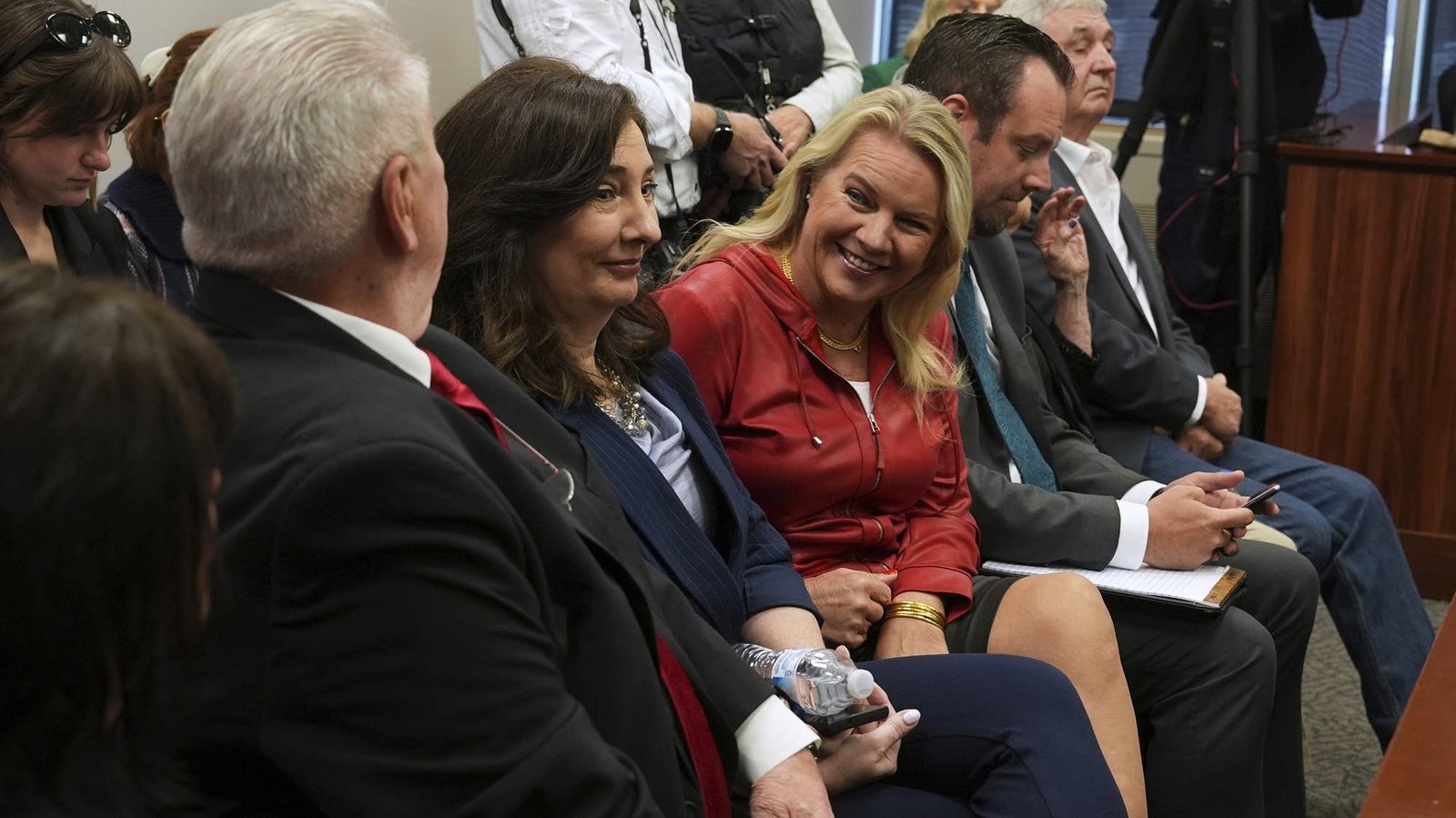
U.S. employers are adding far fewer jobs than initially tallied, in the latest sign that the labor market may be weaker than expected, according to a preliminary report from the Labor Department on Tuesday.
The report from the Bureau of Labor Statistics shows hiring for the 12 months ending in March was overstated by an estimated 911,000 jobs. That large revision was somewhat expected, but still on the high end of what both economists and White House officials predicted.
In a research note published Sunday, economists at Goldman Sachs predicted that the revision would be between 550,000 and 950,000 jobs. And in a Sunday interview with NBC's Meet the Press, Treasury Secretary Scott Bessent put his estimate at up to 800,000 jobs.
The revision is part of a routine, annual exercise in which the government checks its monthly jobs numbers — which come from a sampling of employers — against much more complete data from state tax records. Tuesday's estimate is preliminary. A final tally will be released early next year.
But it has been closely watched this year, after President Donald Trump fired the previous BLS head last month after a weaker-than-expected report. Trump claimed without evidence that the agency was manipulating the numbers to make the economy under his term look bad.
This year's revision comes at a time when the Federal Reserve is closely monitoring signs of weakness in the labor market, ahead of a key decision on interest rates next week. The central bank is widely expected to cut its benchmark borrowing rate by a quarter percentage point in an effort to prevent widespread job losses.
Investors largely shrugged off the revision on Tuesday morning. All three major U.S. stock-market indices were flat.
Last week, the Labor Department reported lackluster job growth during the summer months, with employers adding just 22,000 jobs in August and a net loss of jobs in June for the first time since the pandemic winter of 2020.
The latest preliminary annual revision is further likely to compound concerns about the labor market.
Trump's attacks against the BLS have raised concerns about whether the government's number crunchers will face political pressure, fueling worries about the integrity of the country's economic data.
President Trump last month nominated conservative economist E.J. Antoni to lead the BLS. Antoni previously worked at the right-leaning Heritage Foundation, and many commentators have raised concerns about whether he has the experience to run the agency or whether he will protect it from political influences. Antoni would need to be confirmed by the Senate.
Copyright 2025, NPR




